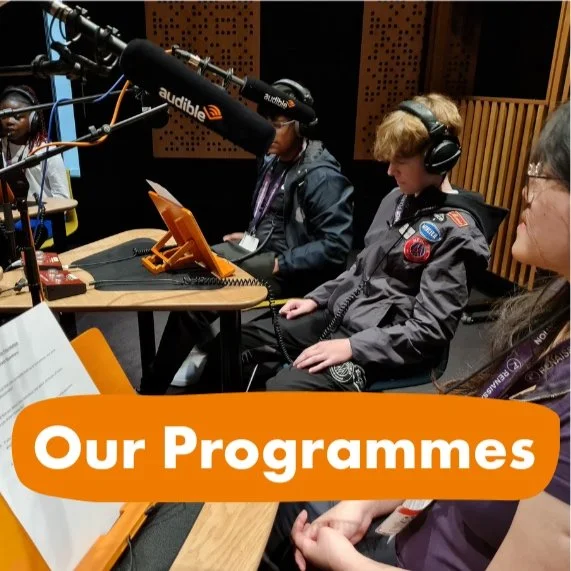Resources for young carers
Who are young carers? What do they do?
Young carers are children or young people under 25 who provide emotional and/or practical support for a family member who is disabled, physically or mentally unwell, or struggling with substance misuse. Their responsibilities often go far beyond what would typically be expected of someone their age.
Many young carers don’t realise the full impact of their responsibilities.
Tasks may include:
Cooking, cleaning, laundry, shopping
Helping someone dress, bathe, or move
Getting someone out of bed, helping to lift or carry heavy things
Giving medicine, collecting prescriptions
Offering companionship and reassurance, listening to worries
Helping their siblings with school runs, homework, or babysitting
Managing budgets or bills
Translation and communication support
Attending appointments or advocating on behalf of a family member
These roles often mirror adult-level responsibilities, but young carers are balancing them alongside school and social lives (often silently). Many young carers do not even realise they are carers - it's just life as they know it.
Identifying yourself as a Young Carer
A lot of young carers don’t realise they are carers. When you’ve grown up helping at home or looking after someone you love, it can just feel like part of life.
But if you’re taking on responsibilities that affect your day-to-day, your school life, or your wellbeing, you might be doing more than you think.
You might be a young carer if you:
Regularly help out at home or offer family members emotional support
Miss school, activities, or friendships because of your responsibilities at home
Feel older than your peers or have hidden your situation from friends or teachers
Have a family member with a disability, illness, long-term health condition or drug/alcohol misuse
Feel responsible for a family member’s health or wellbeing
If you haven’t told anyone about your situation, it’s more common than you think.
Many young carers don’t speak up and avoid seeking help because:
They’re afraid they’ll be separated from their family
They’re worried about being bullied, judged, or seen as “different”
They think their role doesn’t “count” because it comes from love
They feel no one will understand or that nothing will change
Recognising your role is the first step toward getting support.
You are not alone: your experience matters, and you deserve support, rest, and the chance to be a young person - not just a carer.
Click the picture above to watch videos about some of the young people we’ve previously supported, and what they’ve done while they’ve been with Renaissance Foundation.
Click the picture above to find out more about our three year Programme and what you can expect to learn and experience if you join us.
How we can support you
At Renaissance Foundation, we run a three year programme including personalised support, a range of fun and exciting activities, social get togethers in our youth hub and events and trips to help you build confidence and learn about different careers. By joining our programme, you will:
Build a community of friends and peers who understand what you’re dealing with, in our Aldgate Youth Hub
Develop life skills, coping strategies, and resilience to go out into the wider world
Connect with role models and inspiring events (like meeting Lewis Hamilton, or going to Norway for the Nobel Peace Prize)
Explore future careers in many different industries, including science, tech, finance, media, and more
FAQs for Young Carers
-
Young Carer Assessments: Every local authority in the UK has a duty to identify and assess young carers' needs. These assessments help to identify the types of support a young carer might need, such as access to respite services, counselling, or practical support.
Respite Services: Respite services offer young carers a break from their caring responsibilities. This could be through a range of activities, such as after-school clubs, day trips, or overnight stays.
Counselling and Emotional Support: Caring for a family member or friend can be stressful, and young carers may need additional emotional support. Services such as Kooth offer emotional support to young carers cope with the emotional demands of caring.
Financial Support: Young carers may be entitled to financial support, such as Carer's Allowance, which is a means-tested benefit for people who provide substantial care for someone with an illness or disability.
Education Support: Young carers may struggle to keep up with their studies due to their caring responsibilities. Some schools and colleges have designated staff members who can offer additional support and advice to young carers, such as additional tutoring or flexible exam arrangements.
-
-



